 David is the Open Access Officer at Brunel University London based within the Scholarly Communication & Rights Management team. He is an advocate of OA publishing, and of building services that realise the movement within local institutional communities. David has spoken at UKSG, NASIG, RLUK and Altmetric conferences about this topic in recent years. David is an ambassador for the CORE service.
David is the Open Access Officer at Brunel University London based within the Scholarly Communication & Rights Management team. He is an advocate of OA publishing, and of building services that realise the movement within local institutional communities. David has spoken at UKSG, NASIG, RLUK and Altmetric conferences about this topic in recent years. David is an ambassador for the CORE service.
Q: What does Open Access mean to you?
A: To us at Brunel, Open Access means many things – ideologically and practically. Most importantly, we consider Open Access to research output a critical, underpinning component on the journey toward an ‘Open Science’ world. Open Science encompasses many areas, aiming to enhance scientific and educational sectors.
As with many institutions, at Brunel we operate local OA services for our community, within an ever-growing landscape of technological and policy drivers. Open Access means creating an environment that supports policy drivers, whilst advantaging new technologies for our community as they emerge.
Much progress is being driven by these factors. However, it is as important to foster discussion and leadership amongst research communities. Open Access means researchers and students shaping and leading their subjects into new forms of science communication and practice.
At Brunel our role in supporting Open Access is to:
– Engage and inform our community about these issues as they evolve
– Build and tailor services to our community’s needs
– Recognise and celebrate ‘open’ activity by our researchers in all its forms read more...


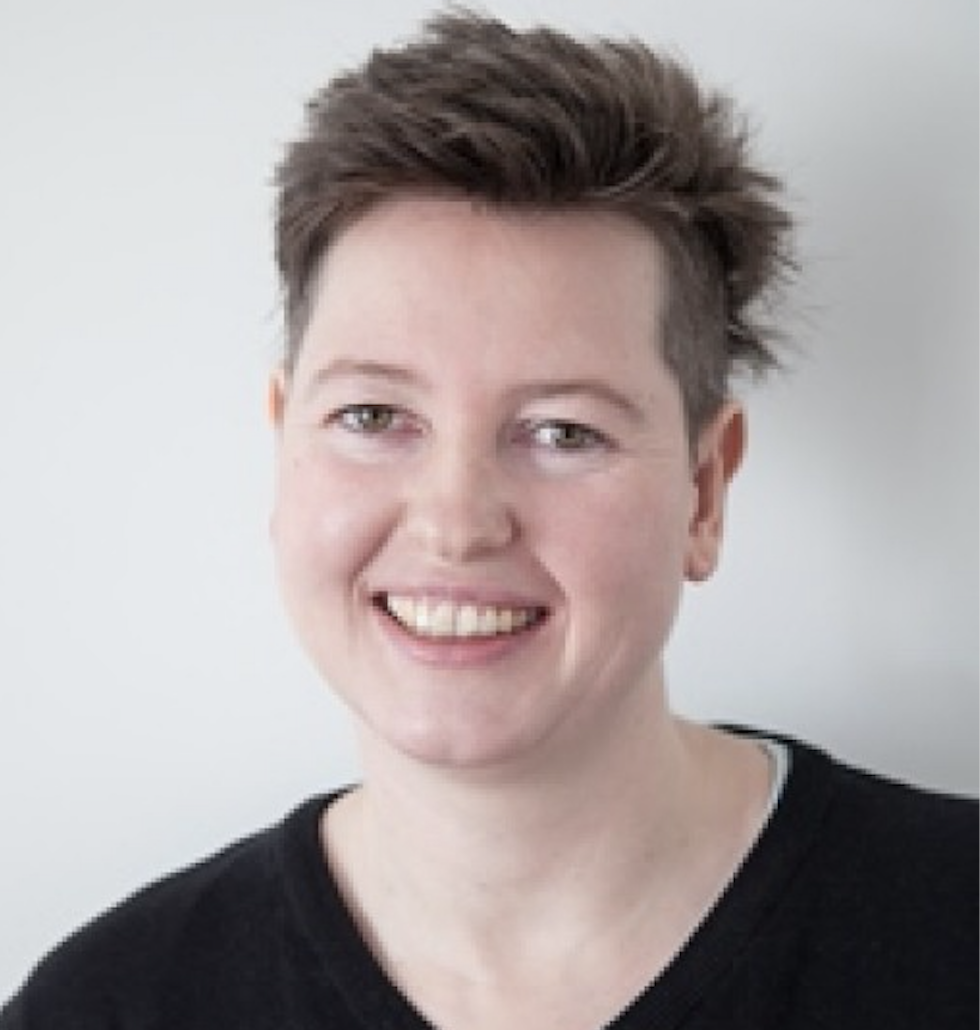 Barbora is an Assistant Professor at the Department of Politology and Philosophy, Faculty of Arts, at the University of Jan Evangelista Purkyně, Ústí nad Labem, Czech Republic.
Barbora is an Assistant Professor at the Department of Politology and Philosophy, Faculty of Arts, at the University of Jan Evangelista Purkyně, Ústí nad Labem, Czech Republic.  Nick has worked in scholarly communications for over 10 years, currently as Open Research Advisor at the University of Leeds. Previously he was Research Services Advisor at Leeds Beckett University. Nick is interested in effective dissemination of research through sustainable models of open access, including underlying data, and potential synergies with open education and Open Educational Resources (OER), particularly underlying technology, software and interoperability of systems.
Nick has worked in scholarly communications for over 10 years, currently as Open Research Advisor at the University of Leeds. Previously he was Research Services Advisor at Leeds Beckett University. Nick is interested in effective dissemination of research through sustainable models of open access, including underlying data, and potential synergies with open education and Open Educational Resources (OER), particularly underlying technology, software and interoperability of systems.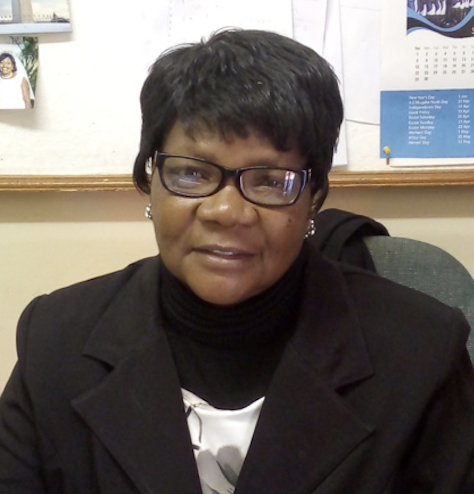 Gloria is a lecturer in the Centre for Language and Communication Studies, Institute of Lifelong Learning and Development Studies at Chinhoyi University of Technology in Zimbabwe. She has special responsibility for coordinating the Information Literacy Skills component of the Communication Skills module. She is a former Library Director at the same institution.
Gloria is a lecturer in the Centre for Language and Communication Studies, Institute of Lifelong Learning and Development Studies at Chinhoyi University of Technology in Zimbabwe. She has special responsibility for coordinating the Information Literacy Skills component of the Communication Skills module. She is a former Library Director at the same institution.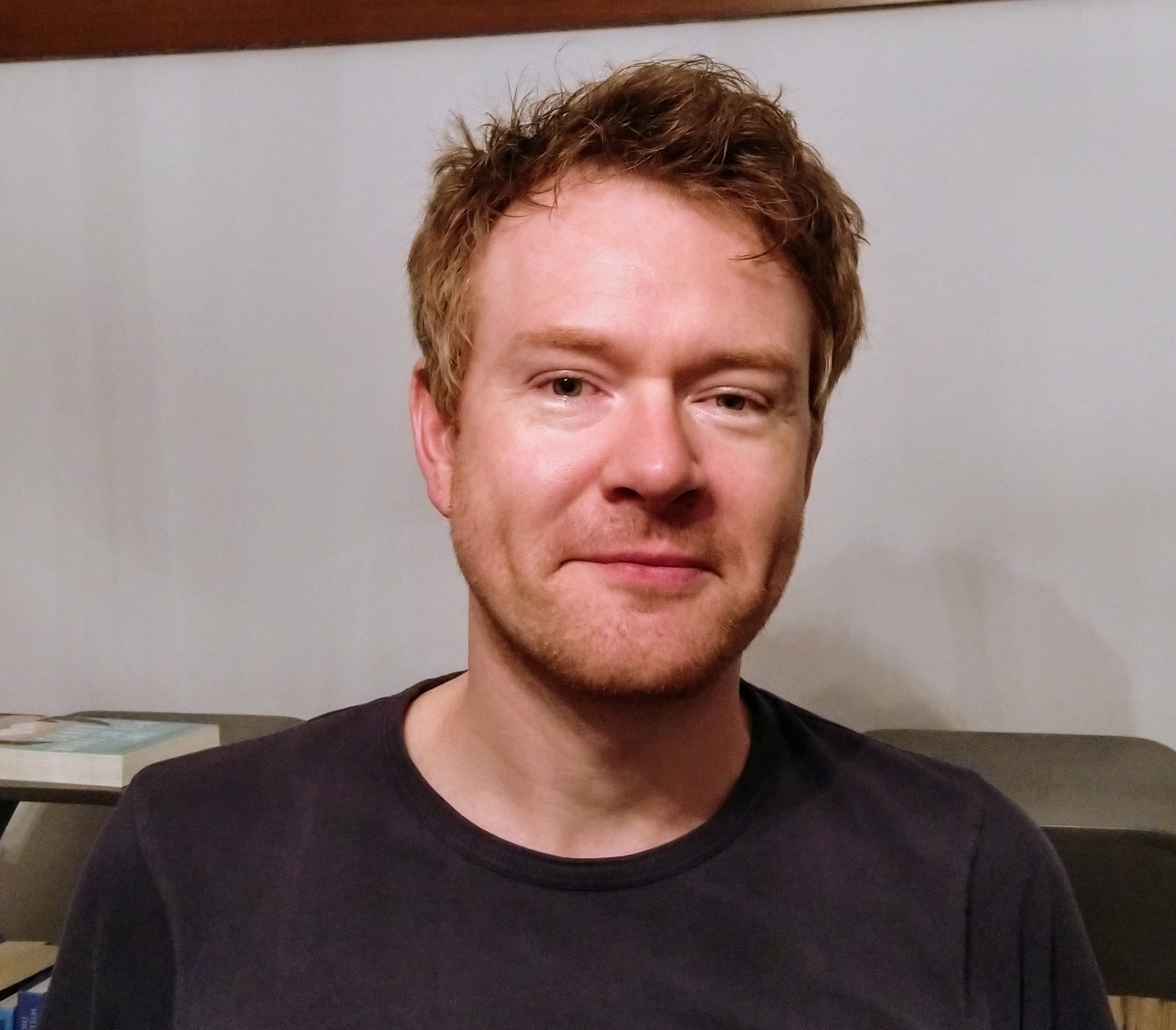 George is an Institutional Repository Co-ordinator at the University of Strathclyde. His interests and expertise are in structured open data, especially within repositories and semantic web contexts, information retrieval, distributed digital repositories and human-computer interaction.
George is an Institutional Repository Co-ordinator at the University of Strathclyde. His interests and expertise are in structured open data, especially within repositories and semantic web contexts, information retrieval, distributed digital repositories and human-computer interaction. 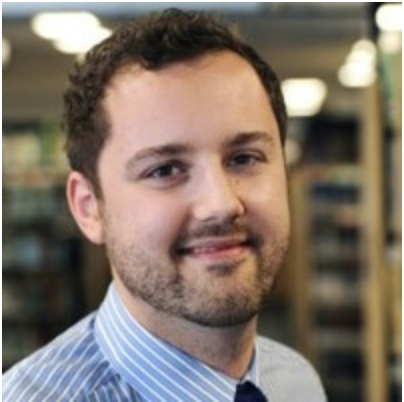 David is the Open Access Officer at Brunel University London based within the Scholarly Communication & Rights Management team. He is an advocate of OA publishing, and of building services that realise the movement within local institutional communities. David has spoken at UKSG, NASIG, RLUK and Altmetric conferences about this topic in recent years. David is an ambassador for the CORE service.
David is the Open Access Officer at Brunel University London based within the Scholarly Communication & Rights Management team. He is an advocate of OA publishing, and of building services that realise the movement within local institutional communities. David has spoken at UKSG, NASIG, RLUK and Altmetric conferences about this topic in recent years. David is an ambassador for the CORE service.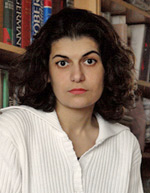 Milica is a librarian at the Institute of Technical Sciences of the Serbian Academy of Sciences and Arts since 2007. Her education background is in art history and her previous work experience includes heritage policies and documentation standards, heritage-related civil society projects and digitisation, traditional librarianship and bibliography. Currently, her professional interests focus on Open Science, library services aimed at supporting research activities, training on academic services and tools, information literacy and research ethics. Since November 2014, she has been serving as the EIFL Open Access country coordinator in Serbia. In this capacity, she designed and coordinated the project –
Milica is a librarian at the Institute of Technical Sciences of the Serbian Academy of Sciences and Arts since 2007. Her education background is in art history and her previous work experience includes heritage policies and documentation standards, heritage-related civil society projects and digitisation, traditional librarianship and bibliography. Currently, her professional interests focus on Open Science, library services aimed at supporting research activities, training on academic services and tools, information literacy and research ethics. Since November 2014, she has been serving as the EIFL Open Access country coordinator in Serbia. In this capacity, she designed and coordinated the project –